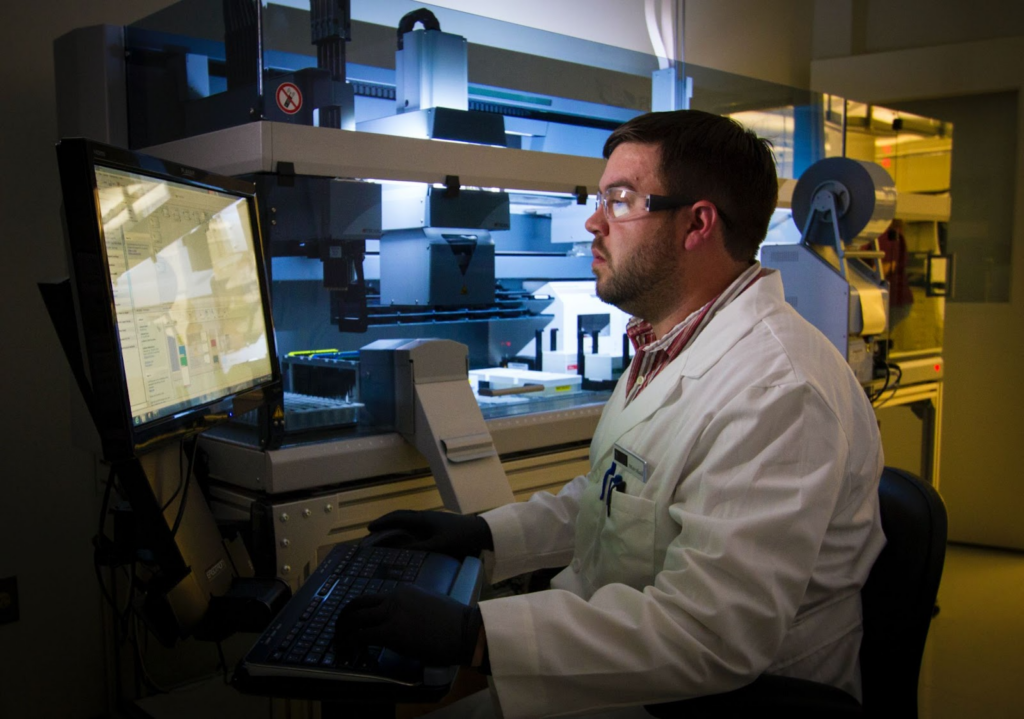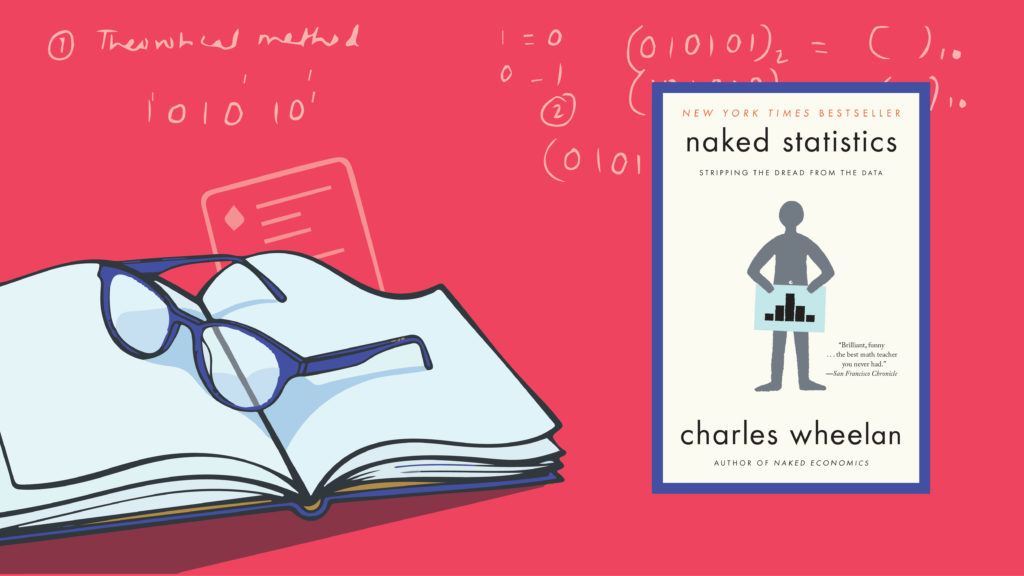“Unlocking the Power of Big Data: Revolutionizing Healthcare for Improved Patient Outcomes”

Healthcare businesses now have access to massive volumes of patient data due to sophisticated machine learning and analytics, which allows them to arrive at better knowledgeable decisions and enhance clinical outcomes. This has resulted in a shift in how health care is provided and handled.
Market Growth and Key Drivers of Healthcare Big Data
According to a new Grand View Research analysis, the worldwide healthcare big data industry will develop significantly, reaching $67.8 billion by 2025. Key drivers of this growth, according to the report, are the increasing usage of electronic health records (EHRs) and the growing desire for individualized care. We should expect even greater breakthroughs in patient care as more healthcare organizations invest in big data.
As the most advanced artificial intelligence method, deep learning provides a method for computational medicine and is a direction for applying deep learning methods to analyze biomedical data. However, biomedical data is not as clean, easy to process, and easy to obtain as data in other fields, making it difficult for deep learning to fully play its role in computational medicine.
Disease Diagnosis and Prevention
Deep learning is part of machine learning. It is inspired by neurons in the human brain. The human brain has tens of millions of neurons, and between them he has over 100,000 connections. Deep learning techniques are called artificial neural networks. A neural network consists of an input layer, a hidden layer, and an output layer. Each layer consists of multiple neurons, and the hidden layer may consist of multiple layers. Depending on the task type, the output layer of the neural network has varying numbers of neurons. For example, the output layer of a 3-category problem has 3 neurons, each representing the probability of belonging to a particular class.
Big data is having a significant impact on disease detection and prevention. By analyzing big datasets of patient records, healthcare professionals can find trends and risk factors that traditional diagnostic approaches may miss. Big data, for example, has been used to find genetic markers that signal a higher risk of breast cancer, allowing clinicians to build more tailored screening and preventative techniques. We should expect even more advances in illness detection and prevention as we continue to collect and analyze more data.
Drug Development
Big data is also transforming drug development. Pharmaceutical companies are using machine learning algorithms to sift through vast amounts of data and identify potential drug targets more quickly and accurately than ever before. This not only speeds up the drug development process but also improves the chances of success for new drugs. As big data becomes more widely adopted in drug development, we can expect to see even more innovative and effective treatments.
Challenges in Implementing Big Data in Healthcare: Privacy and Security
Despite the many benefits of big data in healthcare, there are also challenges that must be addressed. One of the biggest challenges is data privacy and security. Healthcare data is highly sensitive, and the potential for data breaches can put patient privacy at risk. To address this issue, healthcare organizations must implement robust security measures and adhere to strict data privacy regulations. Failure to do so can have serious consequences for both patients and healthcare organizations.
Challenges in Implementing Big Data in Healthcare: Talent and Training
Another challenge is the need for skilled data analysts and machine learning experts. As the demand for big data in healthcare continues to grow, so does the need for professionals with the skills to analyze and interpret large datasets. Healthcare organizations must invest in training and education programs to ensure they have the talent necessary to harness the power of big data. Without skilled professionals, the potential benefits of big data in healthcare cannot be fully realized.
Conclusion
Big data is revolutionizing the healthcare industry, enabling healthcare professionals to make more informed decisions and improve patient outcomes. While there are challenges that must be addressed, the potential benefits of big data in healthcare are significant. As we continue to collect and analyze more data, we can expect even greater advancements in disease diagnosis, drug development, and personalized medicine. By investing in data privacy and security, as well as talent and training, healthcare organizations can fully harness the power of big data and deliver even better patient care.
Sources:
Grand View Research. Healthcare Big Data Market Size, Share & Trends Analysis Report:
Big Data Market Size, Share, Trends | Industry Research Report, 2025 (grandviewresearch.com)
Forbes. How Big Data is Changing Healthcare:
How Big Data Is Changing Healthcare (forbes.com)
Why Health Care May Finally Be Ready for Big Data






التعليقات